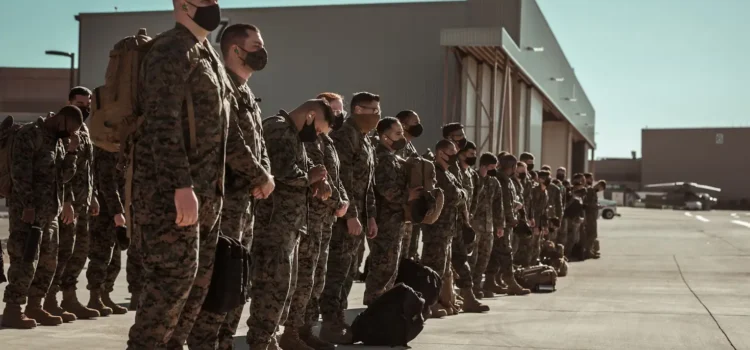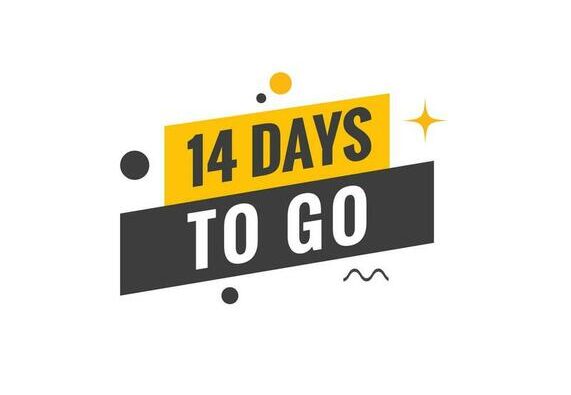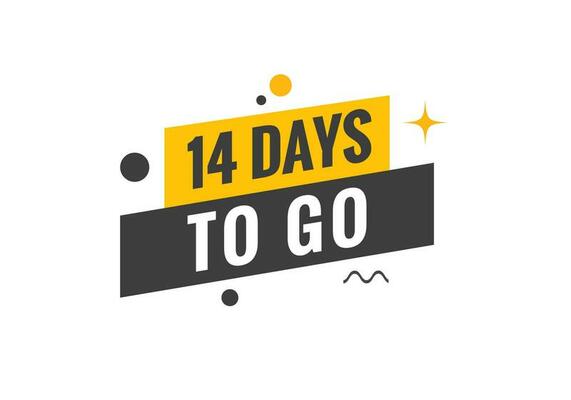If there is one lawsuit that the US is closely following with bated breath, it is the Camp Lejeune water contamination litigation. Ever since plaintiffs were allowed to seek legal justice via the 2022 Camp Lejeune Justice Act (CLJA), speculations regarding average settlements have circulated.
Most claimants or plaintiffs in this suit are well advanced in age or too sickly to wait years before a fair settlement is made. However, the Federal court has remained loyal to its age-long practice of dragging mass torts.
The statute of limitations for the Camp Lejeune lawsuit is about to close in August 2024. As of now, over 170,000 claims and 1,500 lawsuits are pending in the North Carolina Federal court. Recently, some meaningful progress appears to have occurred. In this article, we will discuss this progress and the path the Camp Lejeune litigation has trodden.
Constant Ups and Downs during the Early Months
During the initial months of the litigation, hopes were high, and victims of the water contamination were expecting to receive fast settlements. This was precisely due to the administrative claim filing process that promised an escape from a tedious lawsuit/trial.
According to TorHoerman Law, no substantial progress was made even after six months of the CLJA. The Navy complained of sinking under piles of claimant documents and medical records. When questioned about the delays, the blame was transferred onto the Congress’ lack of funding and staffing shortages.
What was even more infuriating for the claimants was the fact that no separate web portal for speedier claims management had been established. At that point, several claims had turned into lawsuits. Many claimants/plaintiffs feared that they would never get to see justice due to their age or injuries.
Gradually, the Navy introduced the Elective Option to tackle the high-priority cases. This voluntary settlement option was meant to fast-track the claims process. Dismally, it was found wanting as only complex cases would qualify.
In other words, the Elective Option worked for cases where a direct link between the claimant’s injuries and the Camp’s waters was challenging to establish. It would be unfair for straightforward cases whose plaintiffs suffered from multiple qualifying injuries.
Unfortunate Development in the Court’s Ruling
The plaintiff’s counsel was certain that such tactics were the Navy’s attempts to avoid fair payouts. Amid all this chaos, the government played another trick up its sleeve. It argued that the CLJA did not make provisions for a jury trial.
This means the Camp Lejeune contaminated water lawsuit would follow along with the usual practice of Congress to hold no jury trials against the United States. The plaintiff’s counsel argued that the CLJA does mention (in Section 804(d)) that nothing shall impair the plaintiff’s right to a jury trial.
Even so, the court stood by its belief that the statement was not enough to grant a new right to trial. The plaintiff’s counsel did appeal, but the litigation will not be assigned a jury trial. There will be bench trials before a judge for final verdicts.
The Progress Made on the Elective Option and Pretrial Discovery
The plaintiff’s side is still optimistic when it comes to the trial process. It believes that bench trials can occur at a faster rate. Plus, if the presiding judge awards reasonable settlements, it will put pressure on the government. This could very well be the path to faster and more lucrative compensation offers.
As for the Elective Option, things are hardly going as planned. In February 2024, 48 qualifying cases were selected for settlements. Of these, only 17 were accepted. While 8 expired and 7 were rejected, 16 remaining offers are awaiting responses.
The Navy chose another 59 qualifying cases in March 2024, but even here, only 24 were accepted. Of the remaining 35, 25 expired, 2 were turned down, and 8 are still pending.
In light of 170,000 unresolved claims, these numbers are not even a bucket of water in the ocean. Both parties have recognized that the Elective Option is not securing any meaningful results.
Thankfully, Case Management Order #11 was released to streamline the pretrial discovery process. As per the Order, the government is granted permission to conduct independent medical examinations for cases with expert witnesses. If the plaintiff does not wish to use their examination for an expert witness, the rule won’t apply.
Though the agreement does not cover any regular healthcare screenings and non-testimony expert consultations, it applies to all witness-related physical and mental health checks.
Attorneys expect the stipulation to bring down the number of medical examinations and expert testimonies. Hopefully, that would make the legal process gather pace. In any case, judges are determined to conduct trials within this year. To that extent, the Camp Lejeune litigation’s progress seems desirable.

















